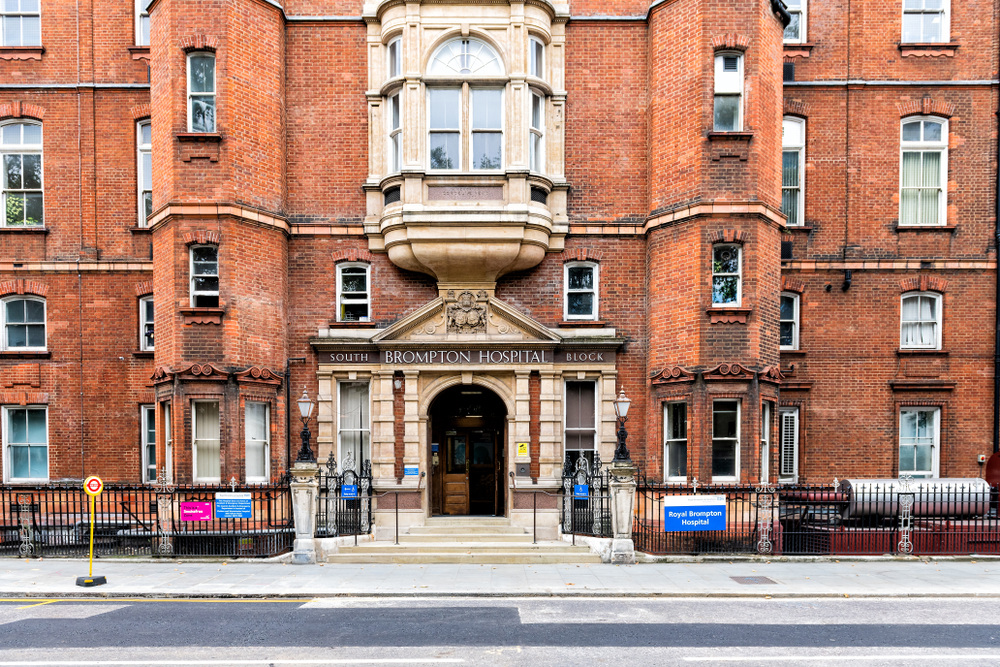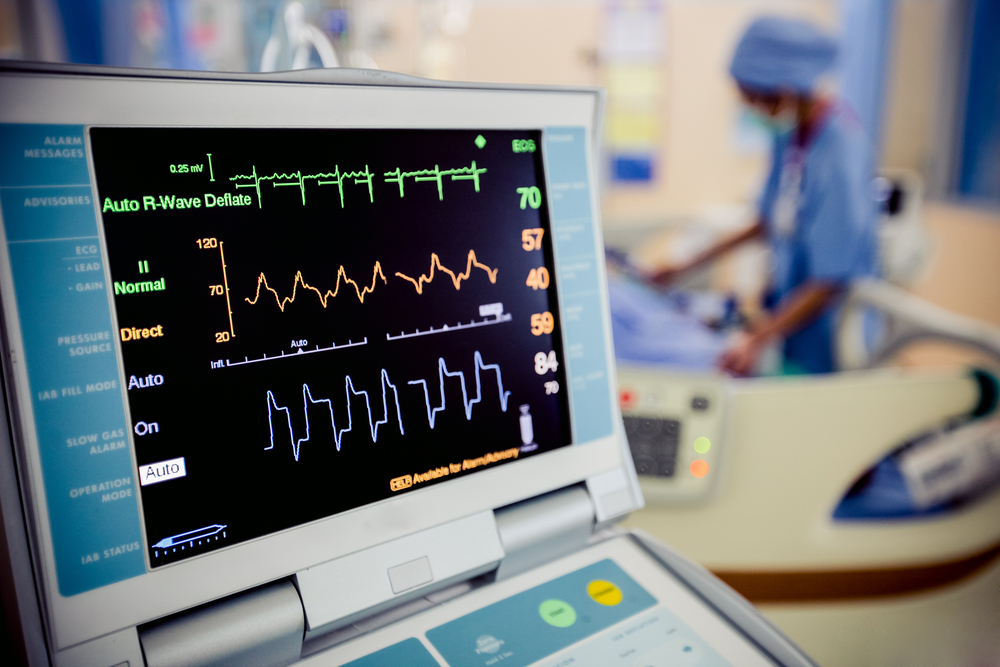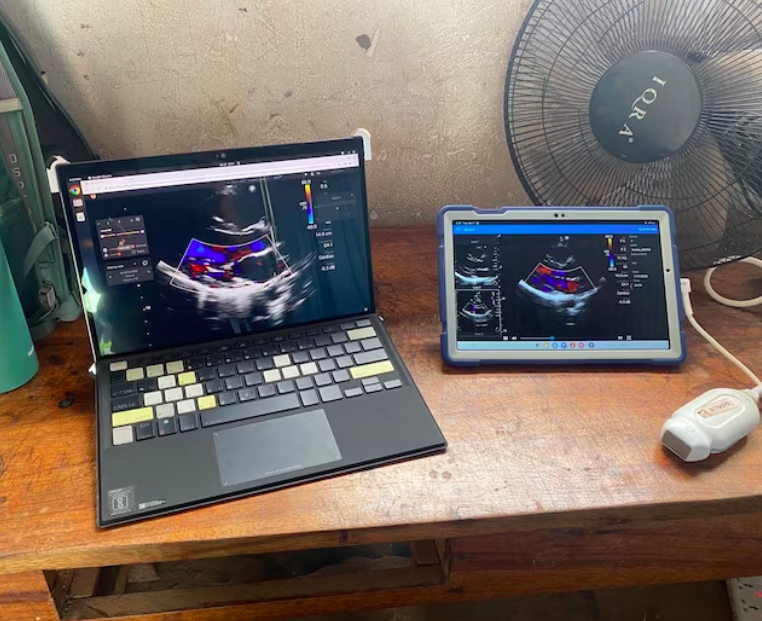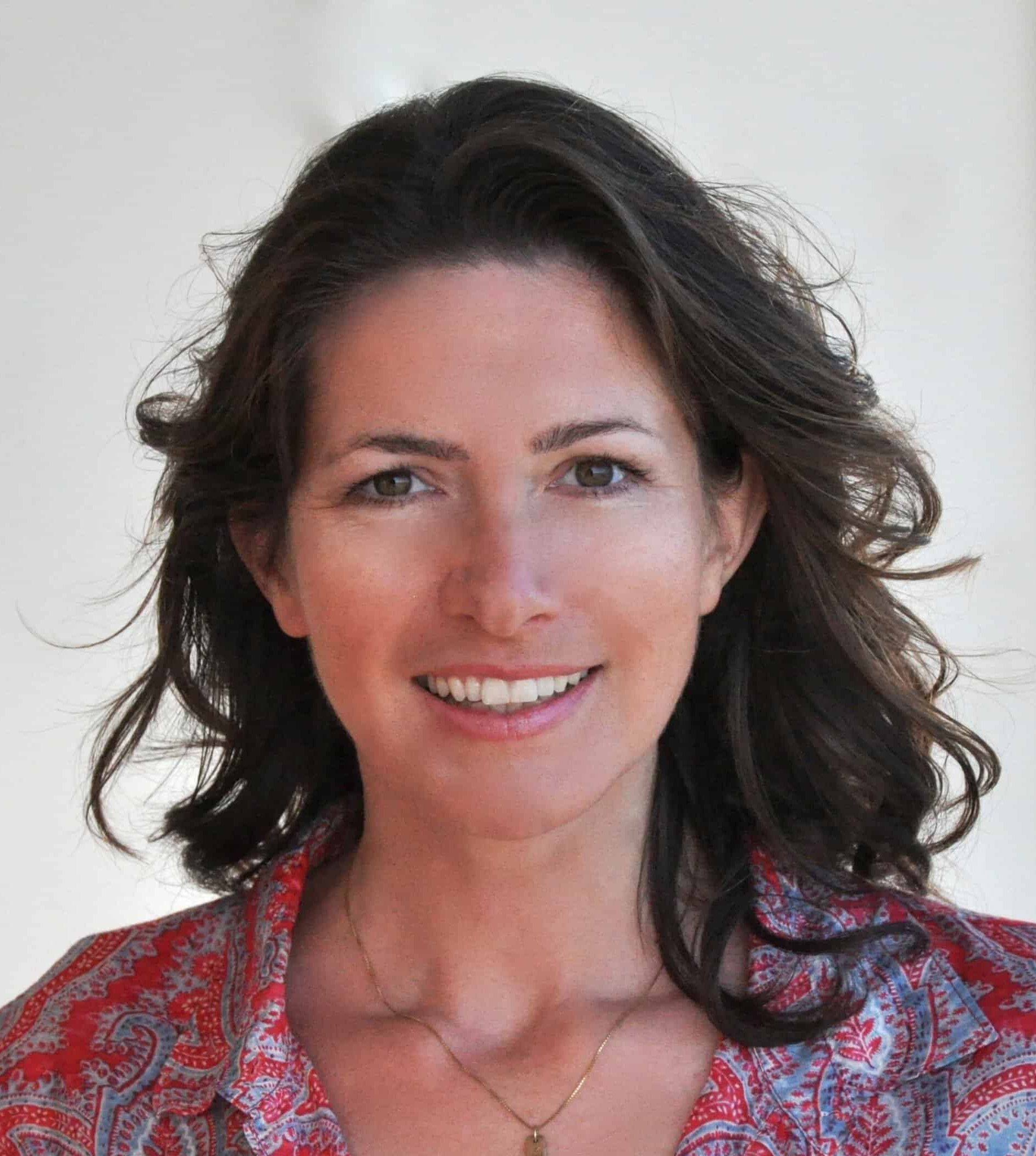When Swiss cardiologist Thomas F. Lüscher attended an international symposium in Turin, Italy, last summer, he encountered an unusual “attendee:” Suzanne, Chat GPT’s medical “assistant.” Suzanne’s developers were eager to demonstrate to the specialists how well their medical chatbot worked, and they asked the cardiologists to test her.
An Italian cardiology professor told the chatbot about the case of a 27-year-old patient who was taken to his clinic in unstable condition. The patient had a massive fever and drastically increased inflammation markers. Without hesitation, Suzanne diagnosed adult-onset Still’s disease. “I almost fell off my chair because she was right,” Lüscher remembers. “This is a very rare autoinflammatory disease that even seasoned cardiologists don’t always consider.”
Lüscher — director of research, education and development and consultant cardiologist at the Royal Brompton & Harefield Hospital Trust and Imperial College London and director of the Center for Molecular Cardiology at the University of Zürich, Switzerland — is convinced that artificial intelligence is making cardiovascular medicine more accurate and effective. “AI is not only the future, but it is already here,” he says. “AI and machine learning are particularly accurate in image analysis, and imaging plays an outsize role in cardiology. AI is able to see what we don’t see. That’s impressive.”

At the Royal Brompton Hospital in London, for instance, his team relies on AI to calculate the volume of heart chambers in MRIs, an indication of heart health. “If you calculate this manually, you need about half an hour,” Lüscher says. “AI does it in a second.”
Few patients are aware of how significantly AI is already determining their health care. The Washington Post tracks the start of the boom of artificial intelligence in health care to 2018. That’s when the Food and Drug Administration approved the IDx-DR, the first independent AI-based diagnostic tool, which is used to screen for diabetic retinopathy. Today, according to the Post, the FDA has approved nearly 700 artificial intelligence and machine learning-enabled medical devices.
The Mayo Clinic in Rochester, Minnesota, is considered the worldwide leader in implementing AI for cardiovascular care, not least because it can train its algorithms with the (anonymized) data of more than seven million electrocardiograms (ECG). “Every time a patient undergoes an ECG, various algorithms that are based on AI show us on the screen which diagnoses to consider and which further tests are recommended,” says Francisco Lopez-Jimenez, director of the Mayo Clinic’s Cardiovascular Health Clinic. “The AI takes into account all the factors known about the patient, whether his potassium is high, etc. For example, we have an AI-based program that calculates the biological age of a person. If the person in front of me is [calculated to have a biological age] 10 years older than his birth age, I can probe further. Are there stressors that burden him?”
Weighed down by negative news?
Our smart, bright, weekly newsletter is the uplift you’ve been looking for.Examples where AI makes a sizable difference at the Mayo Clinic include screening ECGs to detect specific heart diseases, such as ventricular dysfunction or atrial fibrillation, earlier and more reliably than the human eye. These conditions are best treated early, but without AI, the symptoms are largely invisible in ECGs until later, when they have already progressed further.
Currently, the AI tools are mainly developed and used at elite clinics with advanced research departments, such as the Mayo Clinic or the clinics associated with Oxford University. “From the moment we enter a patient’s data into our system, AI helps guide the patient’s path in the clinic, screens for diseases and assists with interpreting test results,” says Charalambos Antioniades, British Heart Foundation chair of cardiovascular medicine and cardiologist at Oxford University. “When the patient undergoes an ECG or CT scan, the AI diagnosis is automatically shown on the screen.”
Antioniades’ team at the University of Oxford’s Radcliffe Department of Medicine analyzed data from over 250,000 patients who underwent cardiac CT scans in eight British hospitals. “Eighty-two percent of the patients who presented with chest pain had CT scans that came back as completely normal and were sent home because doctors saw no indication for a heart disease,” Antioniades says. “Yet two-thirds of them had an increased risk to suffer a heart attack within the next 10 years.” In a world-first pilot, his team developed an AI tool that detects inflammatory changes in the fatty tissues surrounding the arteries. These changes are not visible to the human eye. But after training on thousands of CT scans, AI learned to detect them and predict the risk of heart attacks. “We had a phase where specialists read the scans and we compared their diagnosis with the AI’s,” Antioniades explains. “AI was always right.” These results led to doctors changing the treatment plans for hundreds of patients. “The key is that we can treat the inflammatory changes early and prevent heart attacks,” according to Antioniades.
The British National Health Service (NHS) has approved the AI tool, and it is now used in five public hospitals. “We hope that it will soon be used everywhere because it can help prevent thousands of heart attacks every year,” Antioniades says. A startup at Oxford University offers a service that enables other clinics to send their CT scans in for analysis with Oxford’s AI tool.

Similarly, physician-scientists at the Smidt Heart Institute and the Division of Artificial Intelligence in Medicine at Cedars-Sinai Medical Center in Los Angeles use AI to analyze echograms. They created an algorithm that can effectively identify and distinguish between two life-threatening heart conditions that are easy to overlook: hypertrophic cardiomyopathy and cardiac amyloidosis. “These two heart conditions are challenging for even expert cardiologists to accurately identify, and so patients often go on for years to decades before receiving a correct diagnosis,” David Ouyang, cardiologist at the Smidt Heart Institute, said in a press release. “This is a machine-beats-man situation. AI makes the sonographer work faster and more efficiently, and it doesn’t change the patient experience. It’s a triple win.”
However, using artificial intelligence in clinical settings has disadvantages, too. “Suzanne has no empathy,” Lüscher says about his experience with Chat GPT. “Her responses have to be verified by a doctor. She even says that after every diagnosis, and has to, for legal reasons.”
Also, an algorithm is only as accurate as the information with which it was trained. Lüscher and his team cured an AI tool of a massive deficit: Women’s risk for heart attacks wasn’t reliably evaluated because the AI had mainly been fed with data from male patients. “For women, heart attacks are more often fatal than for men,” Lüscher says. “Women also usually come to the clinic later. All these factors have implications.” Therefore, his team developed a more realistic AI prognosis that improves the treatment of female patients. “We adapted it with machine learning and it now works for women and men,” Lüscher explains. “You have to make sure the cohorts are large enough and have been evaluated independently so that the algorithms work for different groups of patients and in different countries.” His team made the improved algorithm available online so other hospitals can use it too.
Another issue is trust. “Many doctors and patients don’t trust AI because it’s basically a black box,” says Lopez-Jimenez at the Mayo Clinic. “For example, when someone asks, ‘Why does AI recognize atrial fibrillation though the ECG looks completely normal?’ The short answer is: We don’t know either. Only the computer knows the answers.”
He tells his colleagues and patients that the reliability of AI tools currently lies at 75 to 93 percent, depending on the specific diagnosis. “Compare that with a mammogram that detects breast tumors with an accuracy of 85 percent,” Lopez-Jimenez says. “But because it’s AI, people expect 100 percent. That simply does not exist in medicine.”
And of course, another challenge is that few people have the resources and good fortune to become patients at the world’s most renowned clinics with state-of-the-art technology. “One of my main goals is to make this technology available to millions,” Lopez-Jimenez says. He mentions that Mayo is trying out high-tech stethoscopes to interpret heart signals with AI. “The idea is that a doctor in the Global South can use it to diagnose cardiac insufficiency,” Lopez-Jimenez explains. “It is already being tested in Nigeria, the country with the highest rate of genetic cardiac insufficiency in Africa. The results are impressively accurate.”
The Mayo Clinic is also working with doctors in Brazil to diagnose Chagas disease with the help of AI reliably and early. “New technology is always more expensive at the beginning,” Lopez-Jimenez cautions, “but in a few years, AI will be everywhere and it will make diagnostics cheaper and more accurate.”
And the Children’s National Hospital in Washington developed a portable AI device that is currently being tested to screen children in Uganda for rheumatic heart disease, which kills about 400,000 people a year worldwide. The new tool reportedly has an accuracy of 90 percent.
Both Lopez-Jimenez and Lüscher are confident that AI tools will continue to improve. “One advantage is that a computer can analyze images at 6 a.m. just as systematically as after midnight,” Lüscher points out. “A computer doesn’t get tired or have a bad day, whereas sometimes radiologists overlook significant symptoms. AI learns something and never forgets it.”
Antoniades even believes that in the not-too-far future, patients won’t need to see a doctor anymore because computers can analyze their symptoms better than humans.
Lüscher is unconvinced. “A computer might analyze symptoms better,” he says, “but remember, computers don’t have empathy.” If you were diagnosed with a heart disease, you’d probably still rather hear it from a seasoned physician than a chatbot.












